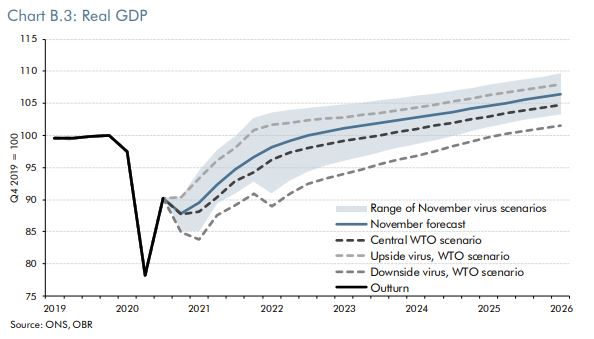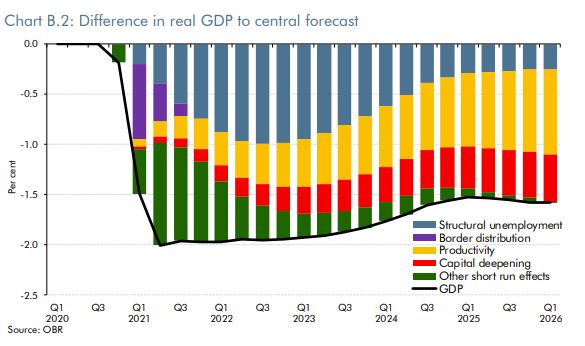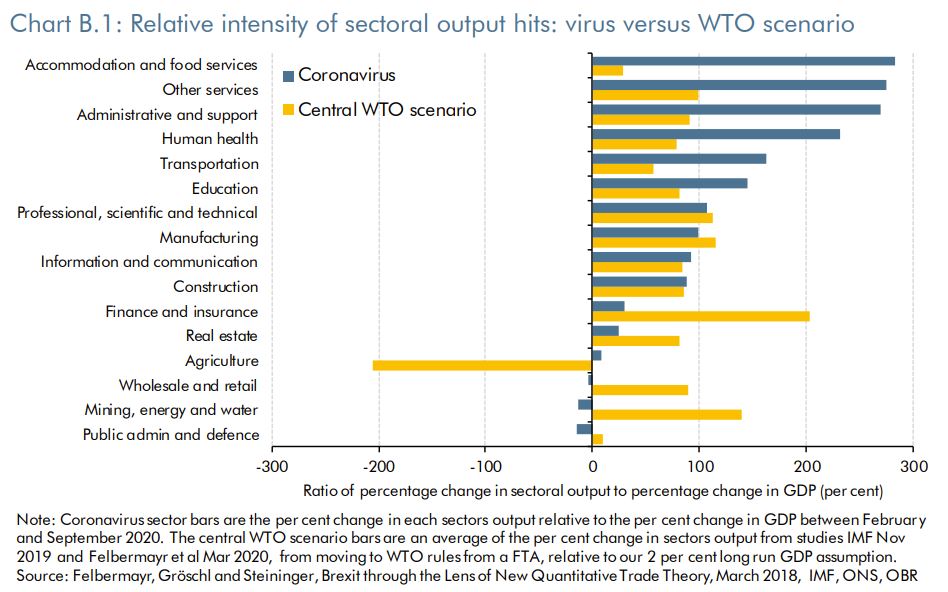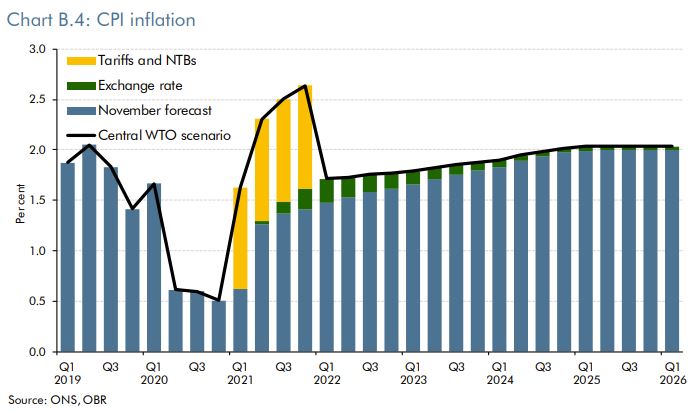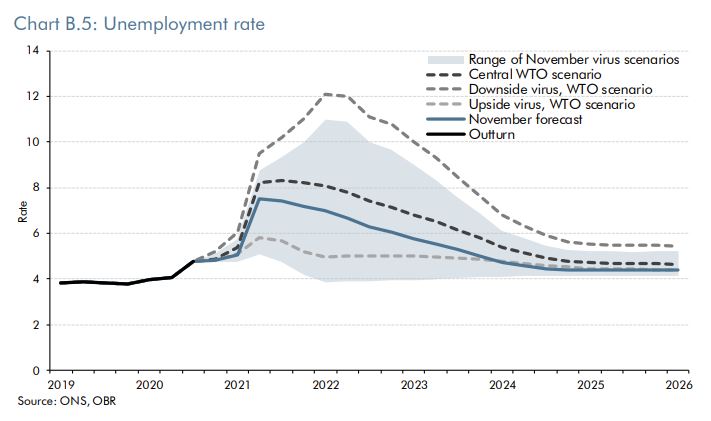NARHARI AND BHAGWAN PANDURANG/VITTHAL
Once a goldsmith by the name of Narhari lived in Pandharpur. He excelled in his craft. He had vowed not to look at Pandurang or visit his mandir ever, as he was a Shiva Bhakt.
One day, a wealthy merchant visited him.
He wanted a gold girdle studded with precious gems, to be made for Prabhu Vitthal. Narhari refused to make it as it was for Vitthal.
After many requests, he agreed to make the girdle but asked the merchant to bring the measurement from the mandir as he himself would not go there
The measurement was given n he made the girdle. When the girdle was put on Vitthal, it was loose. Narhari had to shorten it. Now the girdle became tight. So Narhari was forced to take measurement on his own. He had to go to the mandir but went blindfolded to avoid seeing Vitthal
In the Mandir, when blindfolded Narhari touched Vitthal, he felt as if he was touching Shiva with matted hair, the moon, snake in His neck and Trishul in His hand. Ecstatic with joy, he removed the blindfold to see Shiva but he found the murti of Vitthal with Rukmini there.
He realised the truth that there was no difference between Vitthal and Shiva. Narhari at once fell at the feet of Panduranga. He then took the measurement of the waist of Vitthal and this time the ornament fit the Murti perfectly.
Narayan Hari🙏🏻
